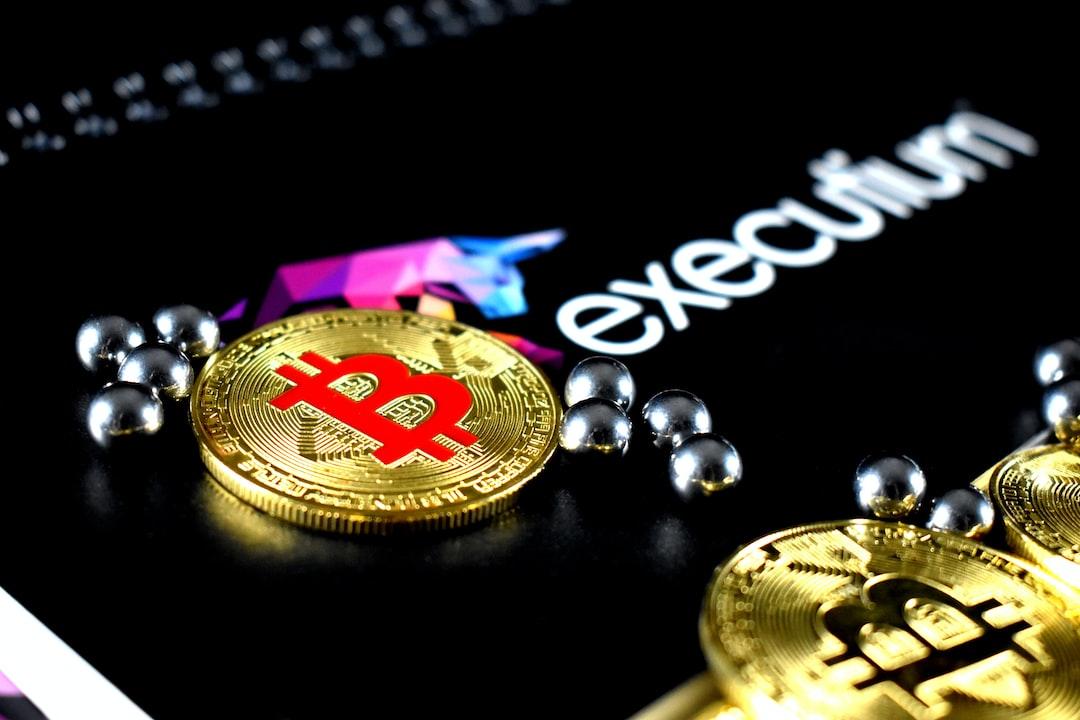The crypto community is sounding the alarm on the rise of “peak degeneracy,” as founders of memecoins on Solana’s SOL have been making millions through token presales in the past 72 hours alone.
According to aggregated data viewed by Cointelegraph and cited by crypto researcher 0xGumshoe, crypto traders have invested approximately $100 million worth of SOL in an attempt to buy into new Solana memecoins over the past 72 hours.
These tokens have been raising funds for unreleased coins through a controversial presale model, including notable examples like Book of Meme (BOME), Nap (NAP), Nostalgia (NOS), and others.
“This is truly peak degeneracy. Investing $180k and $90k into memecoins,” wrote pseudonymous crypto investor Nick in a post to X on March 18, along with a screenshot of large purchases on an undisclosed memecoin.

Buyers are heavily investing in memecoins on Solana. Source: @NCashOfficial on X
The frenzy around memecoin presales began when a memecoin called Book of Meme adopted the controversial crowdfunding model. Launched on March 14 by pseudonymous artist Darkfarms1 with an initial value of around $4 million, BOME surged over 36,000% in less than 56 hours, reaching a peak market capitalization of $1.45 billion.
According to blockchain analytics platform Lookonchain, one early investor named Sundayfunday.sol, who is a personal friend of BOME’s creator, turned an initial investment of 420.69 SOL (worth $72,000 at the time) into a staggering $32 million in less than three days.

One investor turned $72,000 into $32 million with BOME. Source: @lookonchain on X
A “pre-sale” involves crypto investors sending their cryptocurrency to a wallet address and receiving a distribution of tokens when the token goes live. However, there is no guarantee that investors will receive tokens in exchange, making presales a popular method for fraudsters and scammers to deceive unsuspecting investors.
Ethereum educator Anthony Sassano criticized the presale model, stating that anyone who sent their money to a random wallet address in hopes of receiving a token was “dumb as hell.”
“Two years later, and everyone is back to bidding on Ponzi schemes. People can do what they want with their money, but sending money to a ‘memecoin presale’ with a 99.9% chance of being a scam is just plain dumb,” Sassano said.

Sassano called out investors who participate in presales. Source: @sassal0x on X
The memecoin frenzy has extended beyond the crypto community and gained attention from entrepreneur David Sacks, known for co-hosting the All In podcast. The drama surrounding his memecoin reportedly allowed one lucky user to profit approximately $39,000.

David Sacks contributed to the memecoin frenzy. Source: @DavidSacks on X
Pseudonymous X user DeFiRabbitHole mentioned that when Sacks first started posting about his memecoin on X, they expected another memecoin associated with the All In podcast to gain value. Therefore, when Elon Musk tweeted, “Ok fine, I will buy ur coin,” to fellow All In podcast host Jason Calacanis, the affiliated JASON coin skyrocketed, turning their initial investment of 1 SOL into 200 SOL.
Magazine:
Inside Pink Drainer — Security analyst defends his crypto scam franchise
Over $100M raised in just 3 days as Memecoin presales reach the zenith of recklessness
No Comments3 Mins Read
Related Posts
Add A Comment

